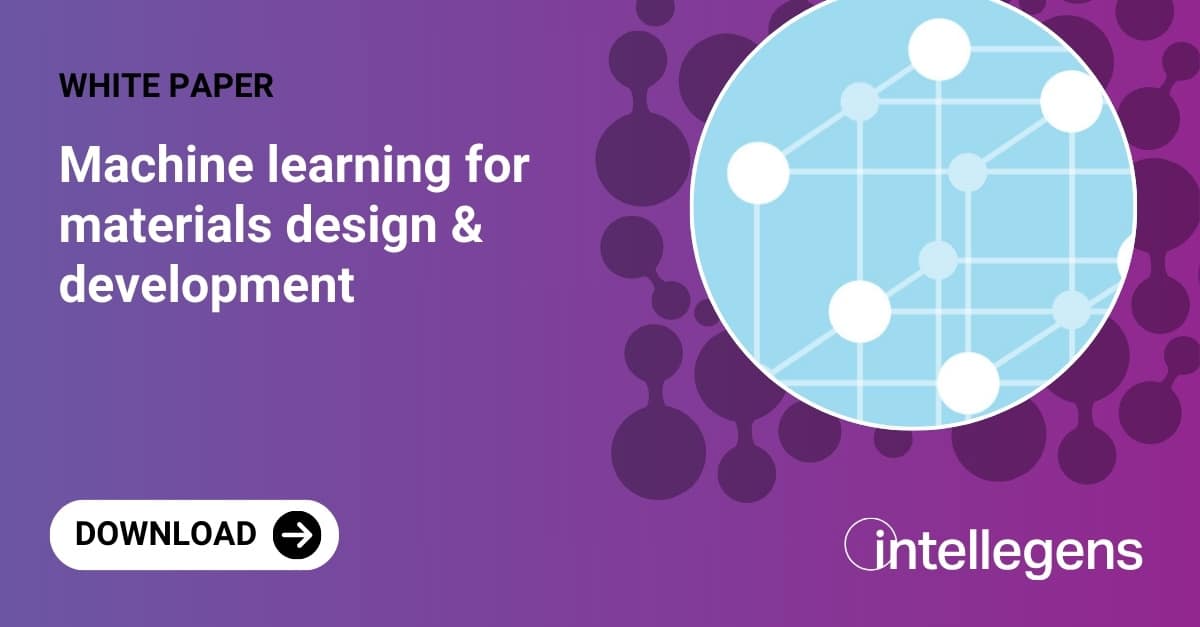This white paper discusses the use of machine learning to design and develop alloys, composites, ceramics, plastics and related processes. We review the strategic importance of this materials R&D, explain how machine learning can help, discuss limitations on ML and how these can be overcome, and provide case study examples of successful application.
Executive summary
Materials development is fundamental to the global economy and to net zero goals. This is true both of R&D by primary providers of metals, plastics, composites, and other advanced materials and of materials and process development in manufacturing industries such as aerospace. There is a continued need for fast, agile innovation to develop speciality capabilities that can drive value in commoditised markets and to address challenges including supply chain and price volatility, environmental and regulatory targets, and maximising the value of corporate IP. Achieving speed and resilience requires teams to understand complex, high-dimensional, non-linear relationships in materials systems in a context where property data is often incomplete. The result is high reliance on costly experimentation.
Machine learning can help by learning from experimental and process data to create models that capture these high-dimensional, non-linear relationships. Such models can then be used to explore design space for materials and processes, to identify potential solutions, and to focus experimental work. But machine learning methods can struggle where data is sparse, as it often is in materials R&D. These methods are also difficult for domain experts to apply and interpret. And their use is constrained by concerns about trustworthiness and transparency.
We introduce Alchemite™, machine learning software that overcomes these difficulties. We share application examples in which Alchemite™ has been used to provide valuable insight, optimise products and processes, and reduce experimental workloads. These include projects in steels, aero alloys, additive manufacturing, and composites. Polymers are covered in a separate Intellegens white paper.


